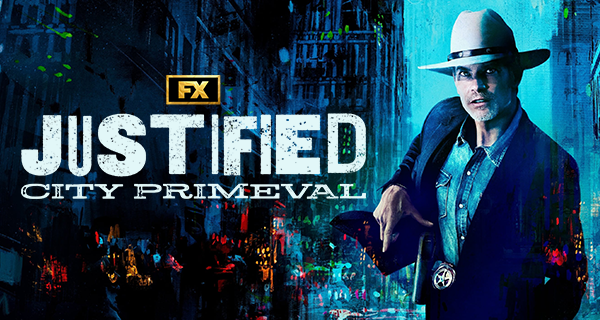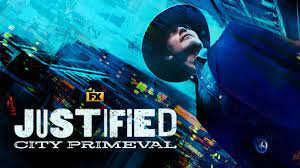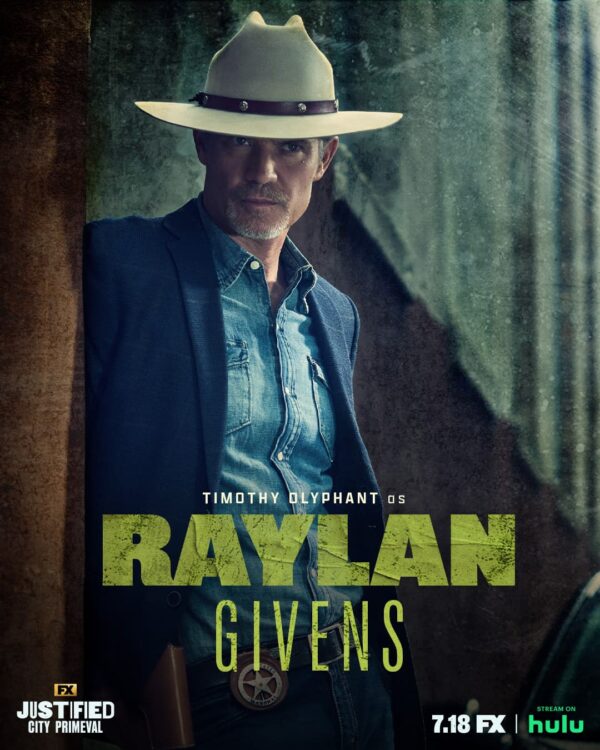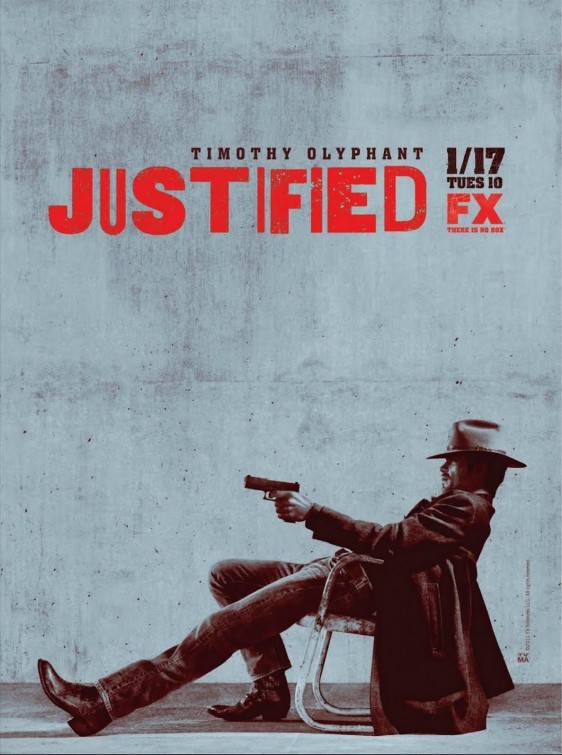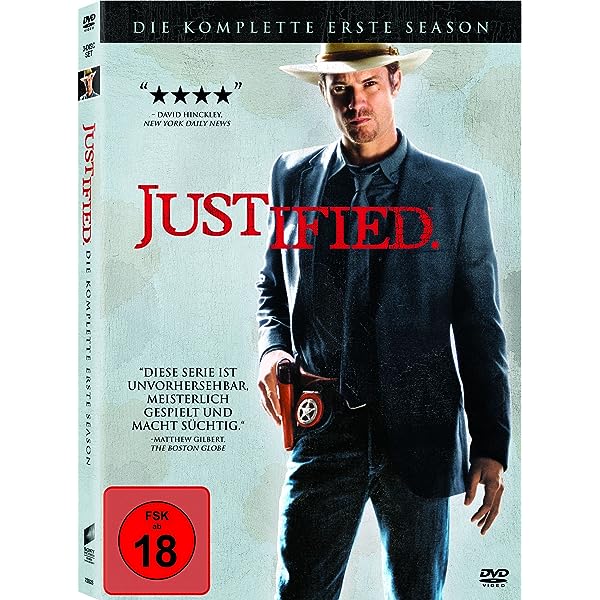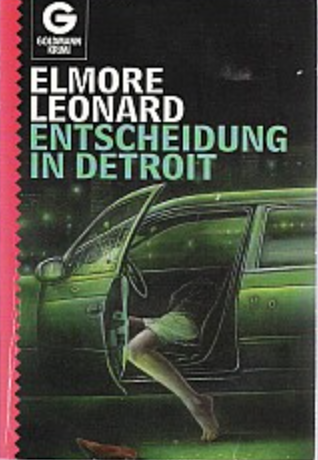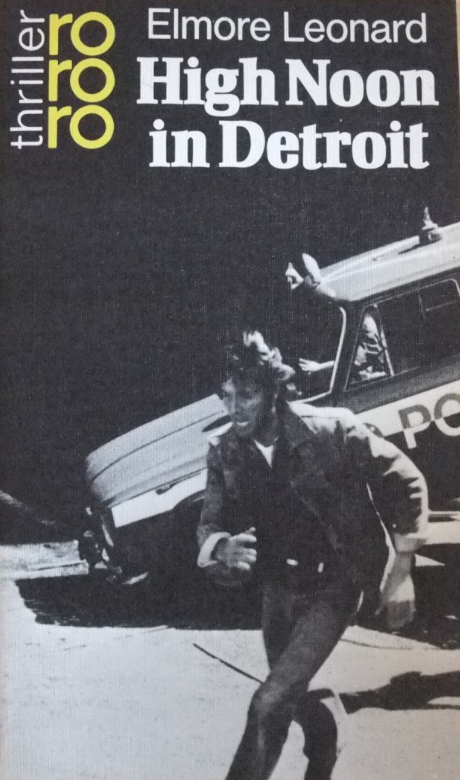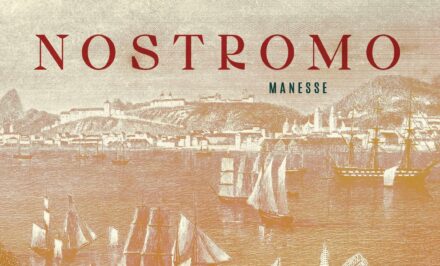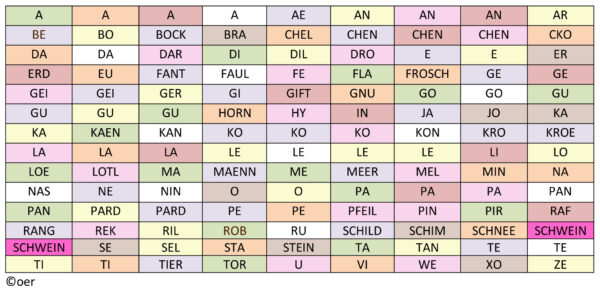
I recently picked up a copy of Elmore Leonard’s “City Primeval,” published in 1980. Despite plowing through many of the master’s forty-or-so novels over the years, I hadn’t read that one, and I was curious because it serves as the basis of the new television mini-series “Justified: City Primeval.”
As I quickly discovered, “City Primeval” sits in an uneasy place within Leonard’s broader bibliography. The central conflict, in which upright lawman Raymond Cruz faces off against vicious criminal Clement Mansell (nicknamed “The Oklahoma Wildman”), echoes the Westerns that Leonard churned out earlier in his career. By setting this cop-and-killer battle in Detroit during its 1970s nadir, Leonard was also broadcasting that he’d fully become a crime fiction author.
But if you’re more familiar with Leonard’s later works such as “Get Shorty” and “Rum Punch” (or the superb “Out of Sight,” made into an equally splendid movie), elements of “City Primeval” feel a little jarring. The novel’s prose doesn’t maintain the easy rhythms and humor that defined his more famous books; at moments, it plays more like a stripped-down procedural, virtually indistinguishable from any other cop drama of the era, before Leonard’s familiar voice reasserts itself.
By the time he wrote “City Primeval,” Leonard was an old hand at writing novels; it’d been more than 25 years since his first book, “The Bounty Hunters,” a classic Western. There’s something heartening about a veteran still feeling out a tone that works, and how deeply he can meld two genres. (Certainly he had his 10 Rules for Good Writing already in place; there’s nary an adverb in sight, nor any slips into regional patois, or descriptions that drag.)
I’ve only watched one episode of the “Justified: City Primeval” television show. Onscreen, Raymond Cruz has been subbed out for another famous Leonard character: Raylan Givens, a Deputy U.S. Marshal with a dry sense of humor who seems to actually enjoy drawing down on all kinds of criminals. He’s played with a rangy, aging grace by Timothy Olyphant, who’s made a career out of playing Western archetypes who exist in the liminal space between lawman and psycho killer; his other famous character, Sheriff Seth Bullock in the HBO series “Deadwood,” practically salivated at the chance to hang or gun down an ostensible evildoer.
By inserting Raylan into the narrative, “Justified: City Primeval” forces comparisons to the original “Justified” television series, which ran for six seasons. The reviews have not been the kindest, with some critics complaining that the writers needed to twist themselves into logical knots in order to move Raylan from his natural habitat of rural Kentucky to the urban wilds of Detroit. Like the original book, in other words, it’s a creature of dueling impulses and storytelling modes, with Olyphant’s performance considered the highlight.
I’m appreciating the book, though. I even appreciate the series, at least conceptually. They’re nice reminders that American crime fiction is a stew of elements, not all of which blend seamlessly with one another, and you can generate some memorable characters and stories from those tensions.
Für unsere deutschen Leser: Elmore Leonards Roman „City Primeval – High Noon in Detroit“ (1980) erschien 1983 bei Rowohlt als „High Noon in Detroit“ (Übersetzung Gisela Stege) und 1991 als „Entscheidung in Detroit“ bei Goldmann (gleiche Übersetzung) – d. Red.
Nick Kolakowski is the author of „Maxine Unleashes Doomsday“ and „Boise Longpig Hunting Club“ as well as the Love & Bullets trilogy of novellas. His noir fiction has appeared in Tough, ThugLit, Mystery Tribune, Plots With Guns, and various anthologies. His „Payback is Forever“ (Shotgun Honey 2022) is inspired clearly by the novels of Richard Stark. Our review here (in German). – See also his Hell of a Mess. A Love & Bullets Hookup.
Nick Kolakowski, geboren 1980, aufgewachsen in Washington. D.C., hat Geschichte in Chicago studiert. Er schreibt Romane, Kurzgeschichten, Lyrik und Essays, viele davon über Crime Fiction und verwandte Themen. Seine Texte erscheinen u. a. in der Washington Post, in Shotgun Honey, North American Review, The Evergreen Review, Rust & Months. Kolakowski lebt in New York City. Eine Besprechung des von Parker inspirierten „Payback is Forever“ in unseren Bloody Chops.

Bei Suhrkamp auf Deutsch: Love & Bullets.
His essays with us.
His column „Smoking Gun“ with us:
Cormac McCarthy Used Crime Fiction’s Tropes to Make Masterpieces
Parker: Donald Westlake’s One Amazing Trick
Cosby, Winslow, Pruitt: Three Heavy-Hitting Thillers for Summer
Weed-Based Crime Thrillers are Going Up in Smoke
‘The Last of Us’: Crime in the Post-Apocalypse
What Made “Glass Onion” and “Knives Out” So Popular?
Jordan Harper’s One-Two Punch of Crime Fiction Deserves a Wide Audience
‘True Detective’ Season 2: Was It Better Than We All Thought?
From ‘Touch of Evil’ to ‘True Detective,’ Long Shots are Crime Films’ Secret Weapon
Michael Mann, again: What Michael Mann Teaches Us About Enduring Crime Fiction
„Heat 2“ – How Do You Craft a Sequel to a Masterpiece?
4 Ways Tarantino’s “Once Upon a Time in Hollywood” Novel Stands Out From the Film.
On „Heat“: Manhunter Takes Down Thief: How Michael Mann’s Early Career Led to ‘Heat’
The Most Honest Nihilism – on „The Way of the Gun“
No, Time to Die – The latest James Bond movie digs into the fatalism at the iconic spy’s core.
Cormac McCarthy’s Overlooked Masterpiece? – „The Councelor“
„Nightmare Alley“ – How Guillermo del Toro’s Film Alters a Masterpiece Noir Novel
David Cronenberg – The Carnal Crime of “A History of Violence” and “Eastern Promises”
With Parker, Donald E. Westlake Pulled Off Crime Fiction’s Most Spectacular Magic Trick
Guy Ritchie’s Return to Crime Films is Worth Watching

